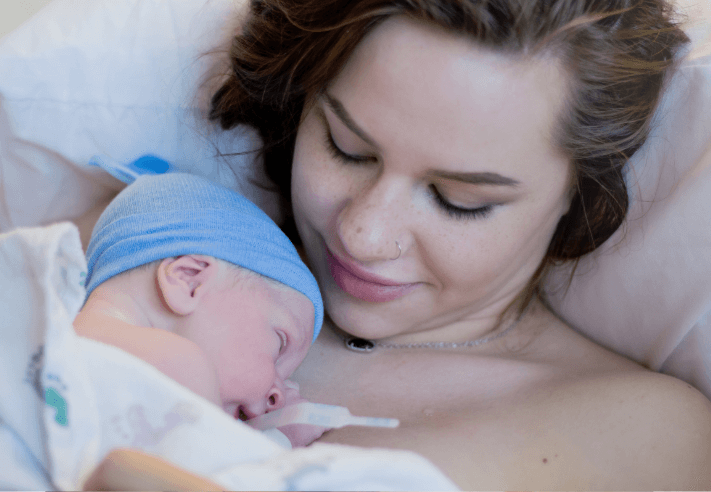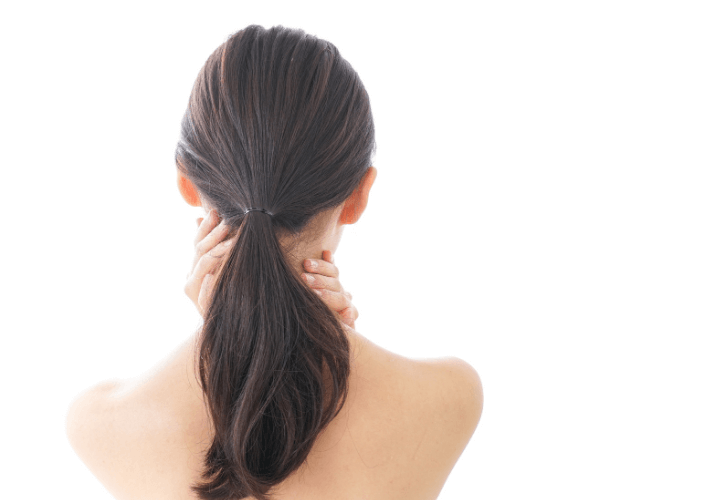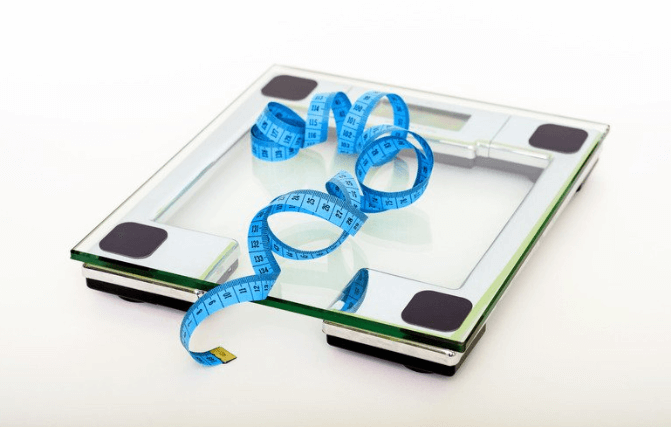Why do breasts hurt sometimes.
Breast pain is common
Up to 70% of women will experience breast pain (or mastalgia) during their lifetime. Patients may notice breast pain and become concerned. People worry it may be an early sign of breast cancer. Breast pain without any other symptoms, such as a breast mass or lump, is rarely a sign of breast cancer.
Breast cancer should be ruled out with a physical exam and possibly imaging for any breast complaint. Don’t ignore it. If you are concerned about a breast issue then we want to address it with you. For the sake of this article, however, we will be focusing on breast pain not associated with cancer.
What else is causing the pain?
We can break it down into two broad categories: cyclical and non-cyclical.
Cyclical breast pain
Cyclical breast pain is the most common. It usually affects both breasts. It typically begins in the days leading up to your period and improves after you start your period. Cyclical pain is associated with the normal hormonal fluctuations of the menstrual cycle.
Increased levels of estrogen and progesterone in the blood stimulate the proliferation of the normal glandular tissue in the breasts. The hormonal fluctuation results in pain. Because cyclical breast pain is caused by hormones in the blood, it can also be triggered if you are taking birth control pills or hormone replacement pills.
Non-cyclical breast pain
Non-cyclical breast pain does not follow the usual menstrual pattern. It is more variable, more likely to be in just one breast, and either be constant or intermittent in nature.
Causes of this type of pain vary. Causes include breast cysts, infection or abscess, and even your diet. Cutting back on caffeine has been shown to improve breast pain in some women. Large, pendulous breasts can cause pain due to stretching of the ligaments in the breast, known as Cooper’s ligaments.
If your pain is cyclical or non-cyclical, you should always discuss any concerns with your doctor. Your doctor is a good resource to address your concerns.
Thank you to BeingWell for publishing this article on Medium.
Main Blog Photo By: Unsplash
Blog Author: Dr. Richard Wagner












